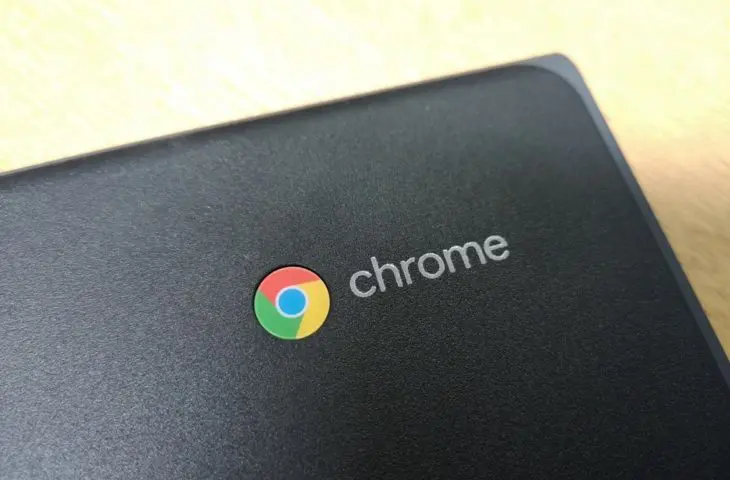In the fourth quarter of last year, the number of Chromebooks sold collapsed. Tablets are also doing a lot less well after a brief resurgence. Microsoft is taking advantage with Windows 11.
In the last quarter of 2021, Chromebook sales fell 63.6 percent compared to the same quarter in 2020. That’s what IDC knows. That market analysis firm had originally predicted a hefty 33.5 percent drop, but in reality the number of shipped thus plunged almost twice as fast. On an annual basis, the Chromebook market still grew 13.5 percent.
Focus on premium
The decline is due in part to the continuing component shortage in the logistics chain. In particular, there are not enough low-cost chips such as battery controllers. Manufacturers need those to finish laptops. Therefore, to maximize their profits, manufacturers choose to primarily equip premium devices with available chips. Because Chromebooks tend to be entry-level laptops, a shortage arose. The big beneficiary of this is Microsoft, which with Windows 11 is usually present on more expensive devices and thus preferred by laptop builders.
Microsoft is struggling to compete with Chromebooks at the lower end of the spectrum. Chrome OS and the cheaper laptops are very popular in the education sector, among others. Microsoft already made several attempts to offer a Windows alternative. The most recent offensive is called Windows 11 SE and is optimized for cheaper devices. Whether Microsoft can so structurally wage war against Chromebooks does not reveal IDC’s figures. After all, low-cost Microsoft laptops are not getting priority from OEMs either.
Acer champion
The largest Chromebook vendor right now is Acer which holds 26.3 percent of the market with 1.3 million devices shipped in Q4 2021. Dell is in second place with 20.3 percent, Lenovo follows in third place with 16.1 percent. Samsung and HP complete the top 5. A total of 4.8 million Chromebooks crossed the counter last quarter. Over the full year, the number is 13.1 million.
At the margin, IDC adds that tablet sales are also declining. Compared to last year, the market is shrinking by 11.9 percent. This is not very surprising. The tablet market wasn’t doing too well before the pandemic either. With the Covid outbreak and accompanying lockdowns, the devices experienced a resurgence, but it was evidently short-lived. Overall, the market is still larger than it was before the pandemic.
